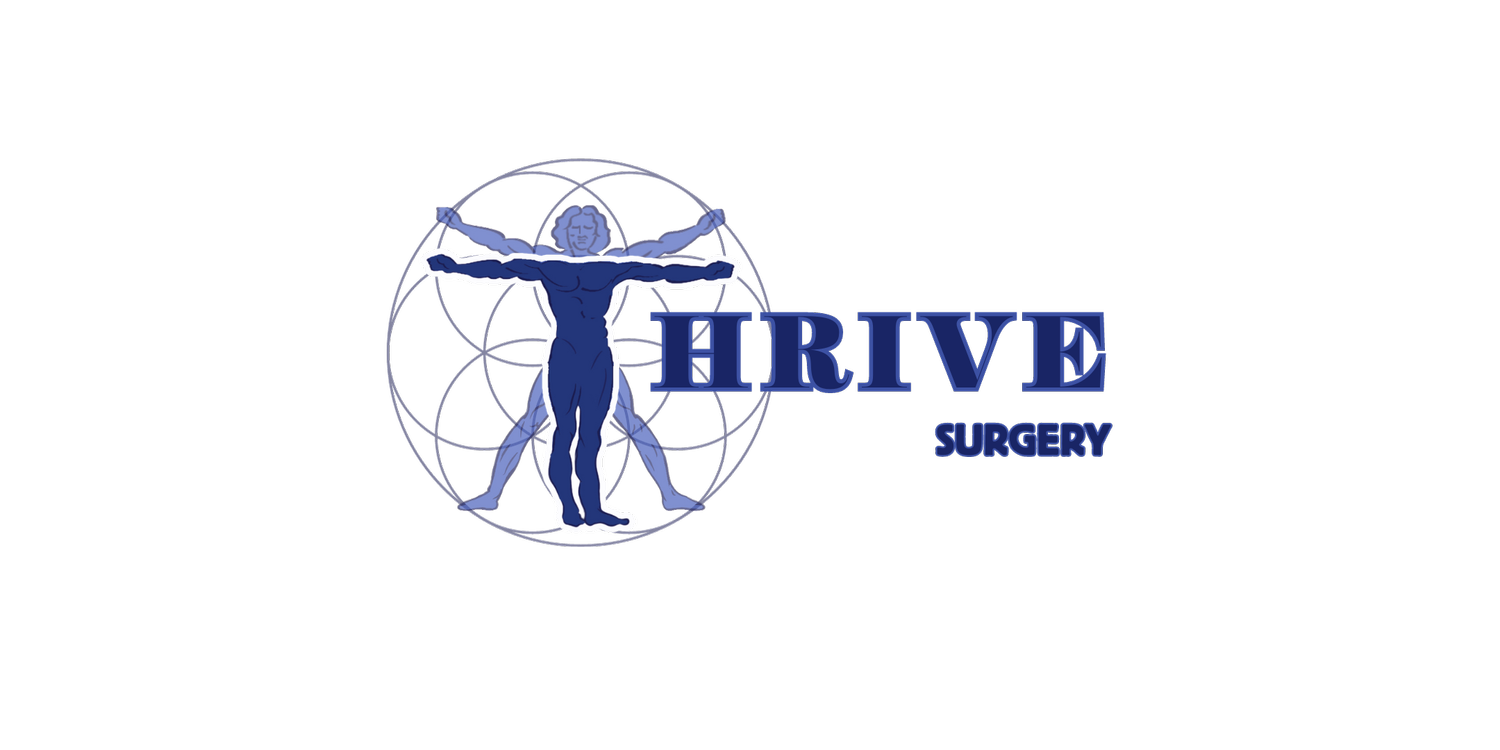Understanding Hernia and the Importance of Timely Repair
Introduction
A hernia is a medical condition that occurs when an organ or tissue pushes through a weak spot in the surrounding muscle or connective tissue. While hernias can develop in various parts of the body, the most common types are inguinal (groin), femoral (upper thigh), umbilical (belly button), and hiatal (upper stomach) hernias. Many individuals may wonder whether they need a hernia repair, and the decision to undergo surgery is often based on factors such as symptoms, the type of hernia, and the potential complications that may arise if left untreated.
Understanding Hernias
Types of Hernias:
Hernias can manifest in different forms, each requiring unique considerations. Inguinal hernias are the most prevalent and occur in the groin area. Umbilical hernias develop around the belly button, while femoral hernias appear in the upper thigh. Hiatal hernias involve the upper stomach protruding through the diaphragm.
Common Symptoms:
Recognizing the symptoms of a hernia is crucial for timely intervention. Common signs include a visible bulge, pain or discomfort, especially during physical activities or lifting, and a dragging sensation in the affected area.
Risk Factors:
Certain factors increase the likelihood of developing hernias, such as age, obesity, pregnancy, chronic coughing, and a family history of hernias. Understanding these risk factors can aid in preventive measures.
The Importance of Hernia Repair
Preventing Complications:
Although not all hernias are immediately life-threatening, complications can arise if left untreated. Incarceration and strangulation are serious complications that occur when the herniated tissue becomes trapped or its blood supply is compromised, leading to tissue damage. Hernia repair is essential to prevent these complications.
Improved Quality of Life:
Hernias can significantly impact an individual's daily life, causing discomfort, limiting physical activities, and affecting overall well-being. Repairing a hernia can restore normal function and improve the patient's quality of life.
Minimally Invasive Surgery:
Advances in medical technology have led to the development of minimally invasive hernia repair techniques, such as laparoscopic surgery. These procedures involve smaller incisions, reduced pain, and faster recovery times compared to traditional open surgery.
Do I Need a Hernia Repair?
Consulting with a Healthcare Professional:
If you suspect you have a hernia or are experiencing symptoms, it is crucial to consult with a healthcare professional. They can conduct a thorough examination, possibly using imaging tests, to diagnose the hernia and recommend an appropriate course of action.
Considering Symptoms and Lifestyle:
The decision to undergo hernia repair is often based on the severity of symptoms and the impact on daily life. Individuals experiencing significant pain, discomfort, or limitations in physical activities may find that surgery is the most effective solution.
Type of Hernia:
Different types of hernias may require varying approaches to treatment. In some cases, especially with smaller hernias, a watch-and-wait approach may be suitable. However, larger or more symptomatic hernias often necessitate surgical intervention.
Conclusion
In the realm of hernia repair services, Dr. Elizabeth Alexandra Zubowicz stands as a trusted healthcare professional providing expert care in Haymarket and Warrenton, Virginia. With a commitment to patient well-being and utilizing advanced surgical techniques, Dr. Zubowicz offers comprehensive hernia repair services to address a range of hernia types and severities. Seeking timely medical attention and considering the need for hernia repair can significantly contribute to improved health outcomes and a better quality of life.
If you are in the Haymarket or Warrenton area and are considering hernia repair, Dr. Elizabeth Alexandra Zubowicz's expertise and dedication to patient care make her a reliable choice for consultation and treatment. Don't let a hernia compromise your well-being – explore the available options and take proactive steps towards a healthier, more comfortable life.


